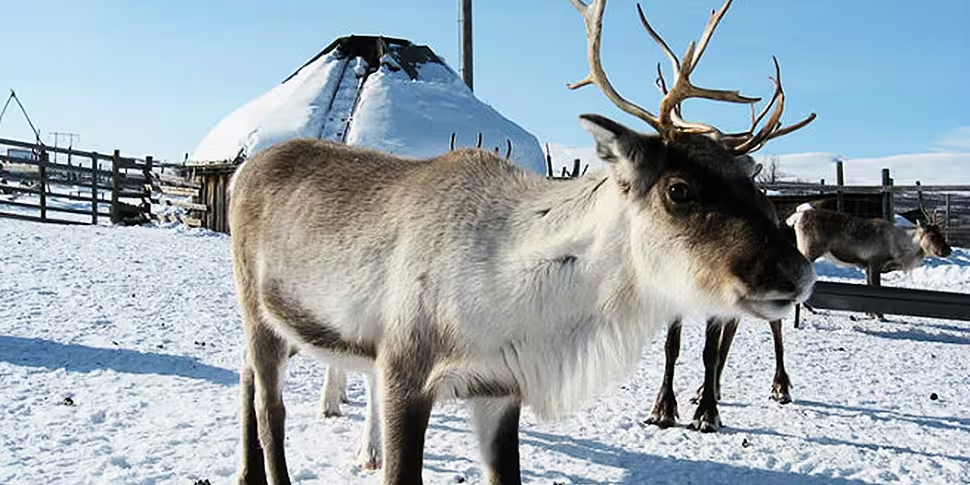The first ever comprehensive census of reindeer was published in 2009, it found that reindeer numbers were falling across the globe. 34 of the world's 43 major monitored herds were in decline - and the average drop was 57%.
The main reason is climate change. Early spring thaws mean that plants grow before migrating herds arrive to eat them. Hotter summers mean that there are more insects which agitate the reindeer - and prevent them from feeding.
This trend was forecast in the middle of the 1990s.
In 1996, 4,500 reindeer died in Russia from starvation that was linked to unusual weather conditions.
In the same year, the World Wide Fund (WWF) reported that herds of Reindeer in Alaska were fragmenting as warmer weather forced them to change their migration patterns.
In 2013 the National Oceanic and Atmospheric Administration's Arctic Report Card found that herds were declining by between 31 percent and 97 percent.
Activities like mining, logging, and building roads have also been damaging reindeer's natural habitats.
A recent study in China found that poachers, predators, and tourists were also hurting reindeer populations. The animal is hunted for its antlers - and some herders move them away from their natural feeding grounds, to more tourist-friendly areas.
Reindeer are found in Finland, Sweden, Norway, Russia, Mongolia, China and Alaska.









